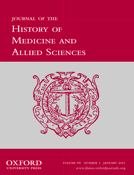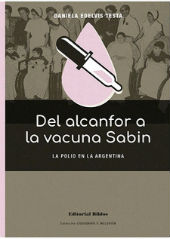December 17th 2021

“Hybrid corn being produced by a small farmer,” 1964. Source: Rockefeller Archive Center
In the editor’s letter of the most recent issue of HCS-Manguinhos (HCSM, v. 28, n. 4) the journal’s scientific editor, Marcos Cueto, highlights the main themes and approaches in the historiography of food in Latin America:
“Ground-breaking studies have analyzed the discourses of progress that associated indigenous and Afro-American foods with discrimination and backwardness, with the deterioration of subsistence agriculture, with the invisibilization of women and their domestic tasks, with the changing meanings of the concepts of “malnutrition” and “hunger,” with the vicissitudes of vitamins and proteins, as well as with health campaigns to educate the population on “healthy” diets and the growing political power of the commercial food industry.”
The letter also introduces the dossier “La Cuestión de la Leche en América Latina“, about the production, representation and consumption of a food that has been glorified and associated with “good” motherhood in Latin America: animal milk.
See in HCS-Manguinhos:
Cueto, Marcos. La importancia de la alimentación para los historiadores. História, Ciências, Saúde-Manguinhos [online]. 2021, v. 28, n. 4 [Accessed 17 December 2021].
Food for tought October 16th the World Food Day was celebrated under the theme “Our Actions are our future”. We highlight some articles published in HCS-Manguinhos that address the issue of food.
History and nutrition in Latin America The shift from ‘traditional’ and local diets to one based more heavily on imported and processed foods is addressed in this historiographical review. See an interview with its author, historian Jonathan Ablard.
Food regulation in Brazil, 1889-1930 This paper spans the First Brazilian Republic (1889-1930) and shows that since its proclamation the issue of regulating the food trade was part of health policies.









